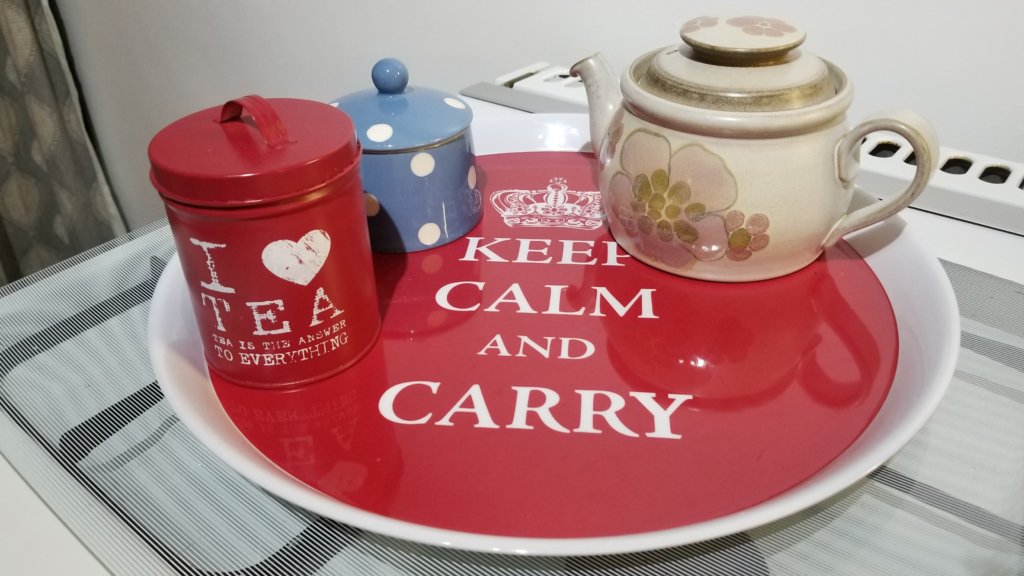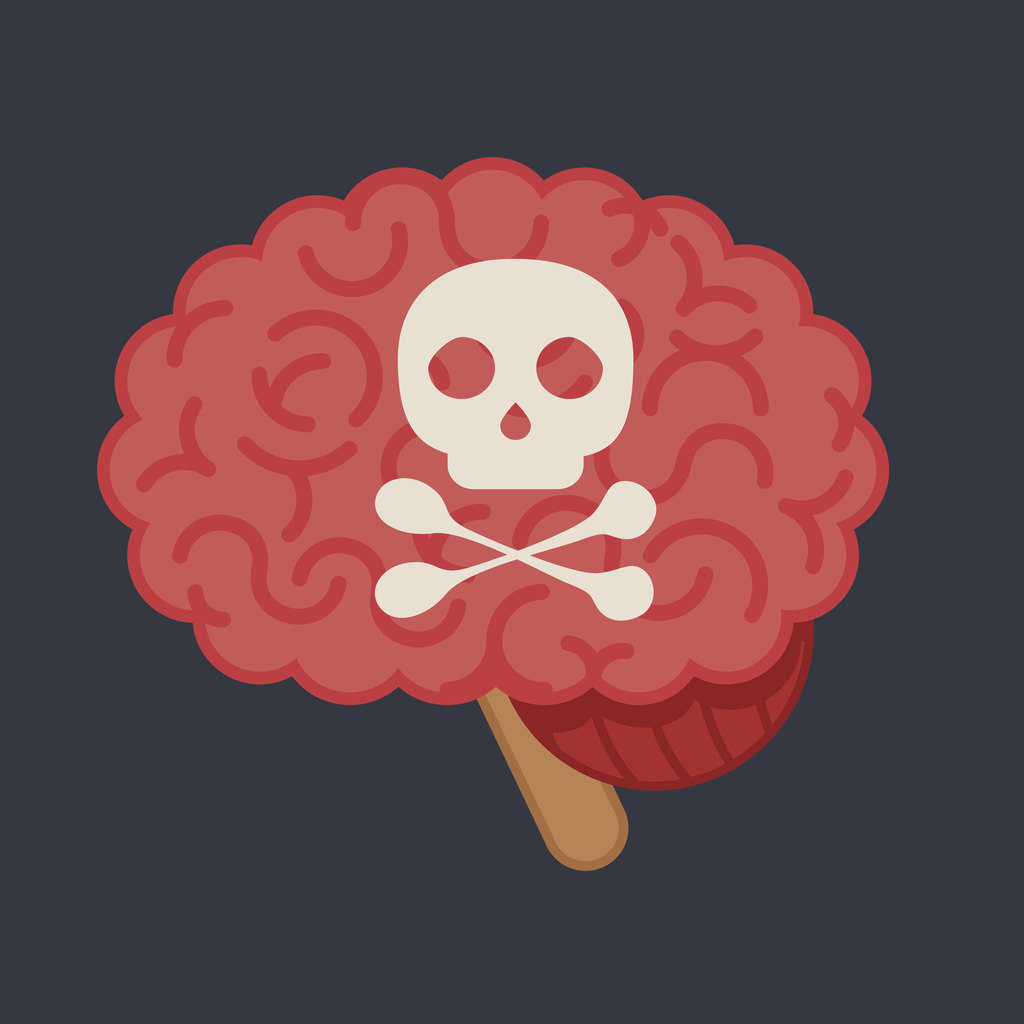 I always blog on Tuesdays. Except yesterday.
I always blog on Tuesdays. Except yesterday.
My grandkids had been here for a couple of days of hiking, water fights, reading and laughing. I had planned to blog last night, but I had a meeting at my house to plan and clean for. BUT the air conditioning went out (a big deal in summertime Texas), and several elderly committee members would have fainted in my oven of a living room. In the midst of rescheduling the meeting, a storm blew in, and I shut down all the computers…so no blog yesterday.
A very fragmented day.
This morning when I got up early to blog, I saw the article below in my Inbox. I laughed aloud. It’s on trying to write with fragmented lives, written by Randy Ingermanson. If you don’t get his newsletter, you should. Contact info is at the end of this wonderful article (reprinted with permission.) Enjoy!
“Organization: Your Fragmented Life” by Randy Ingermanson
So your life is fragmented beyond belief, right?
- You need to research foods they ate in the 1880s in France for your novel.
- And the repair guy is coming at 10 AM to fix the busted washing machine.
- And you have a blog that needs feeding.
- There’s a storm coming and it might be time to clear the gunk out of the rain gutters before they overflow.
- Did you remember to sign up for that writing conference that’s going to have that agent you’ve been mooning over?
- The cat is way overdue to be spayed and she’s acting much too friendly with your teddy bear.
- You haven’t Facebooked in ages and you’re not sure it matters anymore because you hate it anyway.
- Your boss wants that report on his desk tomorrow.
- You’re supposed to be writing your novel.
All of the above, and more, is on your plate for today.
Most of these tasks have been festering on your plate for days or weeks already. You hate your plate. You want all those tasks to just go away. They’re all important. Quick — which do you do first?
Does any of this sound remotely familiar?
Good, you’re human. If your life isn’t fragmented, you might be a robot. Or God. Or deceased.
So how do you deal with it all?
I can’t tell you how you SHOULD deal with it all. But I can tell you how I deal with it. If it sounds like it might work for you, then try it.
There are really three basic steps here:
- Keep lists for the main Big Chunks of your life. All tasks go on a list for one of your Big Chunks, or else they go on the Miscellaneous list.
- Every day, pick a few of the Big Chunk lists to work on. Assign a priority for each list for the day. Set a fixed amount of time that you’re going to work exclusively on each list, when you’ll be totally focused on that list.
- When it’s time to work on a given list, work on that for the assigned amount of time and then stop. Ignore all interruptions if you possibly can.
Does this work? Yes, it works for me. It might work for you too. Let’s see how it plays out in real life:
Today, I have a boatload of things to get done. A lot more than I could possibly do in one day. All of them are important.
They fall into four Big Chunks, and for today, I put them in this order:
- My novel. I’m proofing it for publication. Yay!
- My business. I’ve got a ton of small tasks and one big task.
- This e-zine. I’ve got three articles to write in the next few days, plus editing.
- A giveaway campaign on Goodreads that I just started, and which I need to check up on.
Each of these Big Chunks has a bunch of tasks that all need to get done. So on each list, I’ve got the tasks in the rough order I want to do them.
This morning when I looked at my lists, it was pretty overwhelming. That’s normal. I can’t remember when my lists didn’t look overwhelming. Yours look overwhelming too. That doesn’t mean we need to be overwhelmed.
What we need is focus.
When I started work this morning, I assigned myself 90 minutes to work on the novel, 60 minutes to work on my business, 90 minutes to work on this e-zine, and 60 minutes to deal with the Goodreads campaign.
That works out to 5 hours total, which in my experience is a good day’s work, because there is also email to be answered, small breaks to be taken, water to be drunk, exercise to be had, cats to be coddled, and crises to be managed.
The little things never go away, but you manage them by wedging them into the cracks between the Big Chunks in your day.
The point is that 5 hours of my day is scheduled for the Big Chunks in my life.
I began with Big Chunk #1 — working on my novel. I had only 90 minutes assigned to it, which meant there was no time to mess around. I dived right in and got cranking. 90 minutes goes fast.
When my 90 minutes were up, I was on a roll and didn’t want to stop. So I kept on going until I reached 160 minutes. That was cheating, but my novel was my top priority for the day, so I wanted to run with it. I’m happy to cheat on behalf of the high priority things in my life.
I felt pretty good when I finished, so I took a break and did some e-mail. Not all of it, but enough to knock down the in-box a bit. That burned 15 minutes.
Then I moved into Big Chunk #2, my business work. There is an infinite amount of work on that plate, but I had budgeted only 60 minutes for the day. Which meant there was no time to mess around. I took the most important task, which really NEEDS to be done today, and started work.
There were some interruptions. Urgent phone calls from my boss which I really can’t ignore. That happens. But I was pretty focused anyway, because I really wanted to get this one task done. It took two full hours. I had only one hour budgeted, but when you’re halfway through, you really don’t want to stop. So I got it finished.
Fact is, there are a dozen other important tasks I need to do for my business. I did only one. But I finished it. I could whine about the other eleven left undone, or I could be happy about the one that I did. I’ll take the one. Some days, I don’t get even one done. That’s just reality.
I’m right now working on Big Chunk #3, this e-zine. I have 90 minutes budgeted for this, AND I have a crisis to deal with from my boss which I have set aside to ferment for a bit.
My theory on crises is you either kill them right away or let them take their turn with all the other crises in the world. This one is going to take its turn. I just don’t think I can solve it today, so why should I let it interfere with the Big Chunks in my life? No reason to do that. Not going to.
I have three articles for my e-zine I’d love to write today. Not going to happen in the 90 minutes I have budgeted. I’ll be doing very well to get this one done in that amount of time.
But in fact, the first draft is almost done. I’m pretty focused right now. I’ve given myself permission to be focused for this 90 minute block.
After the 90 minutes are up, I’ll need to go check the mail. And deal with the e-mail that’s reproducing in my in-box. And pay obeisance to the cat, who has not been fed in two whole hours. And think about my boss-induced crisis.
I don’t know if I’ll get to the Goodreads task list today. It would be wonderful if I do, but the fact is that it was #4 on my list of Big Chunks.
On different days, I choose different Big Chunks. My life has several Big Chunks. Probably six or seven of them. On any given day, I can generally get something significant done on three or possibly four of them.
That’s my life.
I bet yours is similar.
I bet yours is totally out of control.
Just like mine.
You will never get your life under control, if by “control” you mean that all your lists are finished.
Not going to happen until you die. Because things keeping adding themselves to your lists. Crises happen. Cats select you to be their humble servant. Yikes, my friend is Skyping me right now. I’ll allow myself a couple of quick responses to be polite. Got to stay focused on what I’m doing.
Every day you can budget time on the Big Chunks of your life. 60 minutes for this. 90 minutes for that. If you get some actual work done, one or more tasks crossed off the list, on each of three Big Chunks every day, well that’s progress.
Yes, we all want to get it all done.
No, none of us are ever going to do it.
Sure, your life is fragmented beyond all belief. But you can defrag it a bit, right now, today, tomorrow, and forever. By budgeting time for the Big Chunks.
Which Big Chunk is most important for today? (On a good day, your most important Big Chunk might be your novel, but it probably won’t be every day.)
How much time can you realistically spend on each of your Big Chunks? (Remember that the little pieces of life are going to intrude, so the time you spend on your Big Chunks is not going to be 100% of your day.)
Now go work on the first Big Chunk for the time allotted. Ignore all interruptions if you possibly can, until the time is up. Then deal with the interruptions, the crises, the incidental e-mail for a few minutes.
Then on to the next Big Chunk, and the next.
For me, three Big Chunks is a good day, and four is spectacular.
Divide and conquer. It worked for Julius Caesar. It can work for you.
One Big Chunk at a time
****This article is reprinted by permission of the author.
Award-winning novelist Randy Ingermanson, “the Snowflake Guy,” publishes the free monthly Advanced Fiction Writing E-zine, with more than 32,000 readers. If you want to learn the craft and marketing of fiction, AND make your writing more valuable to editors, AND have FUN doing it, visit http://www.AdvancedFictionWriting.com.
Download your free Special Report on Tiger Marketing and get a free 5-Day Course by e-mail in How To Publish a Novel.
 Several days this week I was tired and headache-y, yet I needed to get some writing done. I don’t know about you, but I find writing a grueling challenge on the rare days I feel rotten.
Several days this week I was tired and headache-y, yet I needed to get some writing done. I don’t know about you, but I find writing a grueling challenge on the rare days I feel rotten. In addition to a Covid family death, I lost two friends in December, plus my last (and favorite) uncle. The focus was on grieving, plus a severe autoimmune flare-up it caused.
In addition to a Covid family death, I lost two friends in December, plus my last (and favorite) uncle. The focus was on grieving, plus a severe autoimmune flare-up it caused. 










